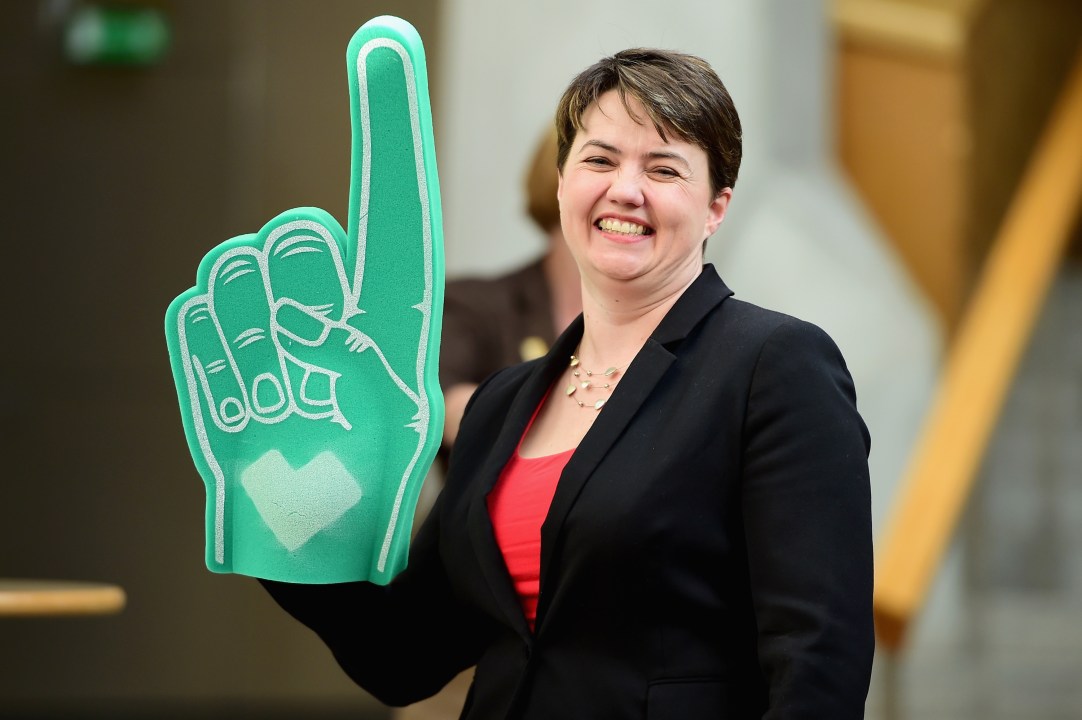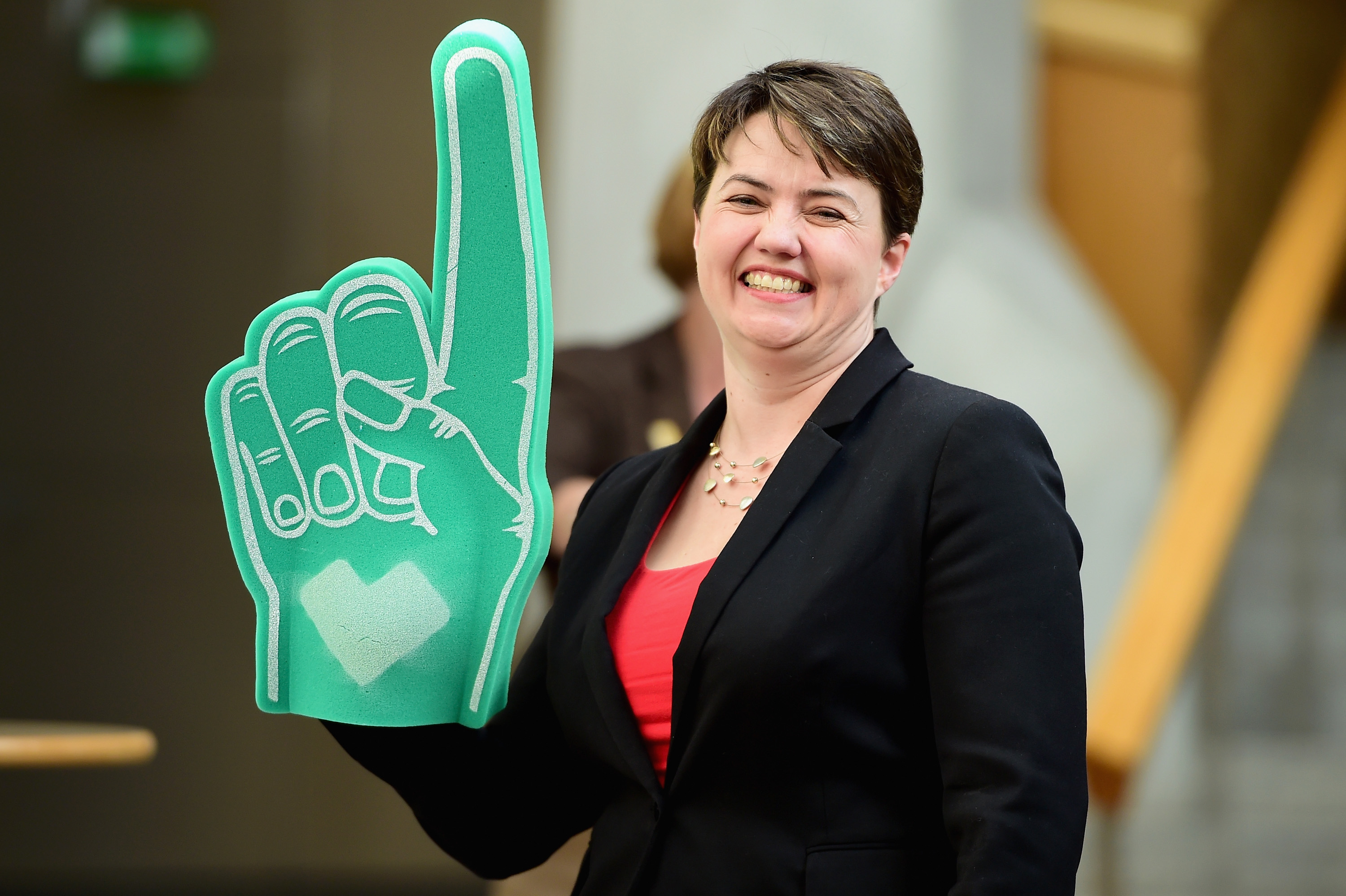Can a Conservative be ‘progressive’? In my Telegraph column last week, I argued that David Cameron is halfway to being one of the most progressive Prime Ministers in recent British history – and published a few graphs to make my case. This went down pretty badly with some CoffeeHousers, who said that I was applauding Cameron for being left-wing – if they wanted a bleating leftie, they’d have voted Labour. I take the point: the word ‘progressive’ is synonymous with ‘left-wing’ in America, as is the word ‘liberal’. But that’s the Americans’ problem. Granting the left ownership of the words ‘liberal’ and ‘progressive’ disguises two basic points. First, conservatism is liberal (ie, it means trusting faith and placing power in the hands of the people rather than the state) – there is nothing more illiberal than confiscatory levels of taxation and statist power grabs. Most Tories I know regard themselves as liberals – in the Manchester sense of the word.
But to me, the more important point is that conservatism – done properly – is also progressive. That is to say: it narrows the opportunity gap between the rich and the poor. No one genuinely wants equality of outcome: if you think of any family you know, where there are three or more kids, it’s very rare that the children are all on the same pay scale. People have different interests and abilities; what matters is that everyone should have the same chance to succeed.
Ruth Davidson, leader of the Scottish Conservatives, put it well at a fringe event for The Good Right in last week’s Tory conference.
‘Our party has to recognise that we don’t all start on the starting grid at the same point. Sometimes we’re too blithe about saying: ‘if you work hard, you’ll get on and you’ll do great. Actually, at the moment, in our country you’re 35 per cent more likely to be a higher earner if you have a low IQ but are from a wealthy family than if you have a high IQ and are from a poorer family. The biggest inequality of opportunity that we have right now is that you rich your parents are is a bigger indicator of how we’ll you’ll do in life than how smart you are, or how hardworking, or anything else. And that’s something we have to be better at tackling.’
‘We’ve all heard it. I’m sure I’ve said it myself sometimes: talking about this idea that anybody can go out and do everything and they can be a worldbeater and do all of these things. And, actually, do you know what? We don’t all have the same advantages to start with – and we, as a party, have to be better at recognizing this, because sometimes we’re far too blithe about it.’
I very much agree with her: this is a conservative mission. The poor rely most in government and suffer the most from bad government: school reform and welfare reform disproportionately benefit those at the bottom. As Iain Duncan Smith says, the main objective is not to save money, but to save lives. For example, Conservatives should be outraged that state schools serve the poorest so much worse than the richest. If you’re wealthy, the state school system suits you pretty well: move into a posh catchment area, game the system, and you get an education as good as that in the private sector, but for free. Tories should regard this as a scandal, and should not rest until the schools in council estates are just as good as the poshest schools. And to those who say this is a pipe dream I have two words: Mossbourne Academy.
Do watch the section of the Good Right fringe event (embedded, above) because it showcases the most interesting and consequential development in British conservatism right now. This is not a con, not a cynical grab for ex-Labour voters. As the discussion shows, the leading lights of the Conservative Party at the UK and Scottish level have a new, explicable and credible mission: progressive ends by conservative means.








Comments